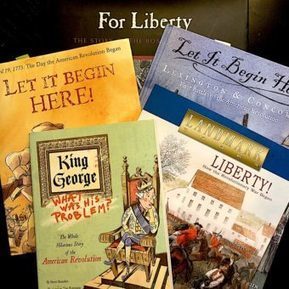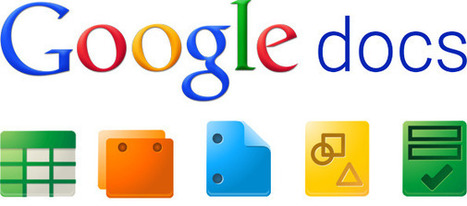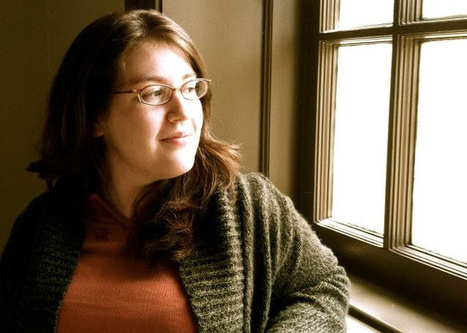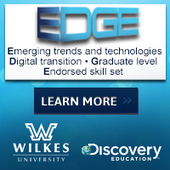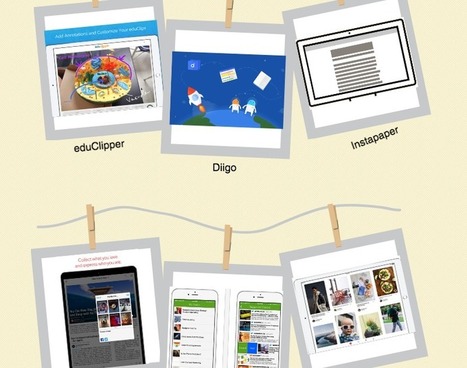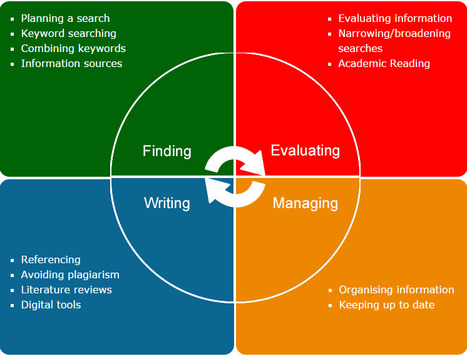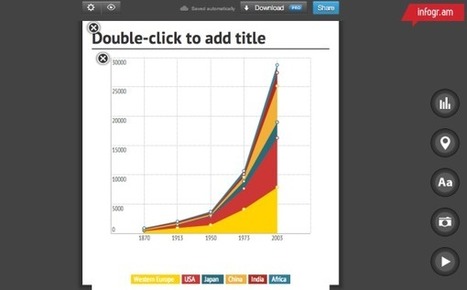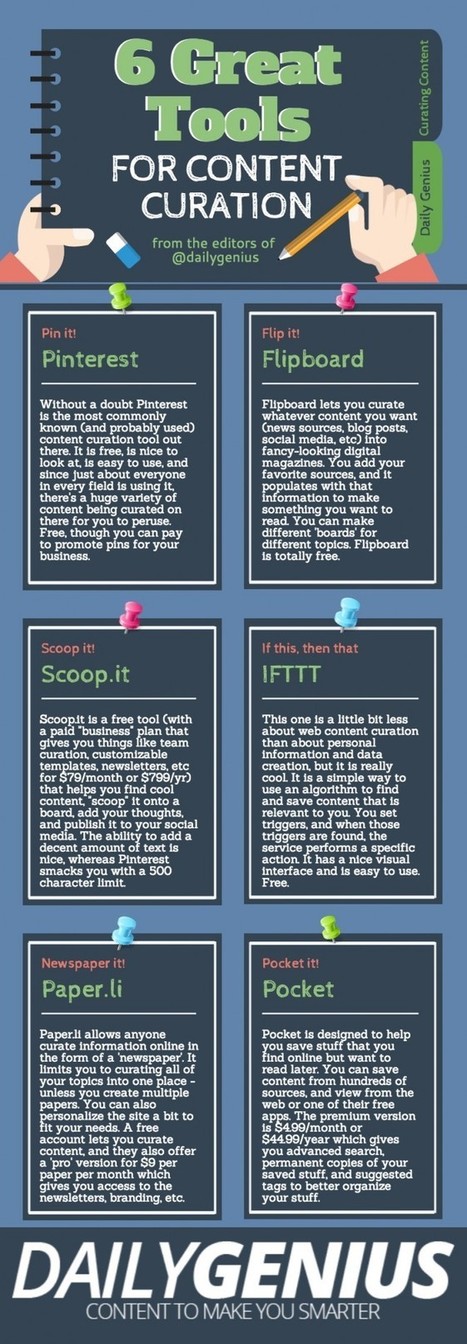When your students read, view, and listen to multiple sources on a topic or issue, do they tackle each source in a silo? Learning a little bit about this and a little bit about that but not really synthesizing the information from multiple sources?
Via Elizabeth E Charles



 Your new post is loading...
Your new post is loading...

